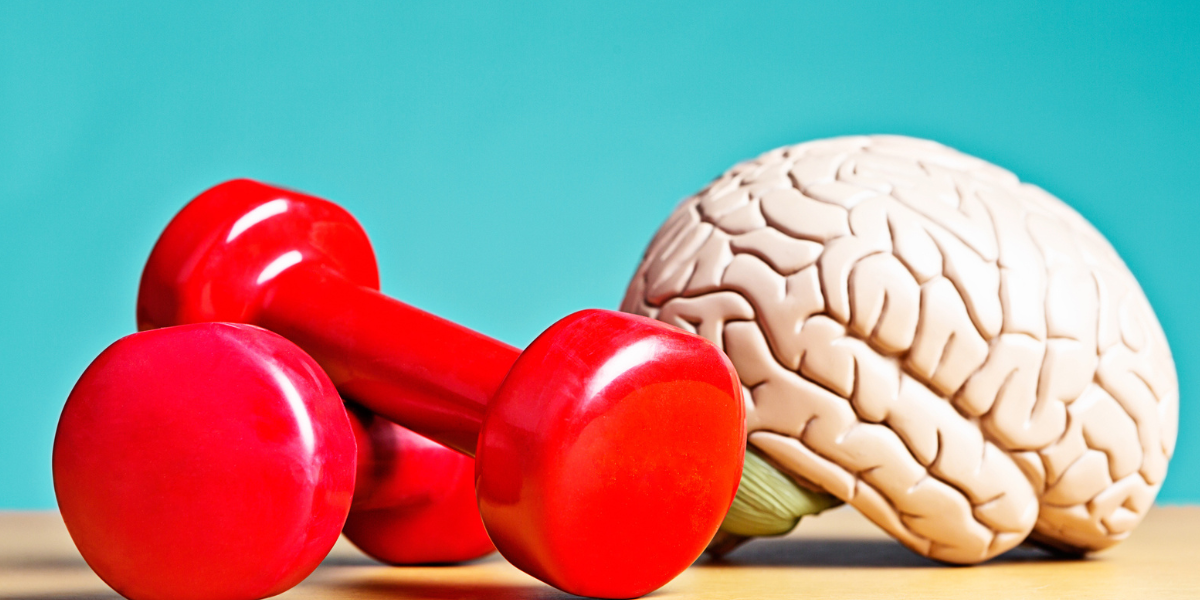Can Exercise Generate New Neurons in the Adult Brain? A Groundbreaking Study from Argentina
Introduction
Physical activity has long been touted for its benefits on cognitive health. However, a recent study conducted in Argentina takes this notion a step further, suggesting that exercise might even promote the generation of new neurons in the adult brain.
Neuroscientists and technologists collaborated to investigate whether physical exercise could enhance spatial memory and potentially stimulate neurogenesis, the process of generating new neurons. Led by Fabricio Ballarini, a neuroscientist at the Buenos Aires Institute of Technology and the University of Buenos Aires, the study aimed to explore the relationship between exercise, spatial memory, and neurogenesis.
The Role of Brain-Derived Neurotrophic Factor (BDNF)
Central to this study is the Brain-Derived Neurotrophic Factor (BDNF), a protein associated with neuronal growth and health. Previous research on mice had demonstrated that exercise leads to increased levels of BDNF. Leveraging virtual reality technology, the team adapted the experiment to human subjects, thanks to the collaboration of researchers from the National Scientific and Technical Research Council (CONICET) and the National University of the Province of Buenos Aires (UNICEN).
Spatial memory, which involves the recollection of information about one’s environment and the location of objects, tends to decline with aging and conditions such as Alzheimer’s disease. Therefore, investigating simple ways to improve spatial memory is crucial for cognitive health.
Investigating Neurogenesis in Humans
Unlike in animal studies, ethical considerations prevent direct analysis of molecular aspects in human subjects. Hence, researchers had to rely on behavioral observations to infer the potential effects of exercise on neurogenesis. Ballarini elaborates on the challenges of studying neurogenesis in humans, highlighting the indirect nature of the evidence gathered: while it’s impossible to directly observe the birth of a neuron, changes in behavior can provide indirect insights into neurogenesis.
The team hypothesized that increased BDNF levels resulting from physical activity would lead to improved spatial memory, indicative of potential neurogenesis in the brain’s dentate gyrus, the region where new neurons are believed to develop.
Experimental Setup
The study recruited 98 volunteers aged between 18 and 40 years. Participants were immersed in a virtual reality environment resembling a desert landscape, where they were tasked with memorizing the locations of flags. Utilizing a computer-assisted virtual environment (CAVE), researchers could maintain consistent environmental conditions, crucial for the accuracy of the experiment.
Following the virtual task, participants were randomly assigned to two groups: one group engaged in 25 minutes of stationary cycling, while the other group watched a video of a cycling race. This setup enabled researchers to differentiate between the mental perception of physical activity and its actual physiological effects. Twenty-four hours later, participants returned to the CAVE to test their ability to recall the flag locations.
Results
The findings were striking: participants who engaged in physical exercise, including sedentary individuals, demonstrated significant improvements in spatial memory compared to those who watched the cycling video. This outcome suggested that even a single session of exercise could positively impact cognitive function.
Implications for Cognitive Health
The study holds promising implications for cognitive health, particularly in the context of aging populations and neurodegenerative diseases. Ballarini emphasizes the importance of exploring non-pharmacological interventions to mitigate cognitive decline, especially considering the projected increase in cognitive impairments globally.
Moving forward, the research aims to investigate additional memory functions beyond spatial memory, potentially uncovering specific strategies to enhance various aspects of cognition. By understanding the mechanisms underlying memory formation and retention, researchers hope to develop targeted interventions to support cognitive health across the lifespan.
Conclusion
While the study represents a significant step towards understanding the relationship between exercise, neurogenesis, and cognitive function, further research is needed to validate these findings conclusively. Nonetheless, the study underscores the potential of physical activity as a non-invasive and accessible means of promoting brain health.
In summary, the Argentine study provides compelling evidence suggesting that exercise may indeed facilitate the generation of new neurons in the adult brain, offering hope for novel interventions to combat cognitive decline and improve overall brain function.
